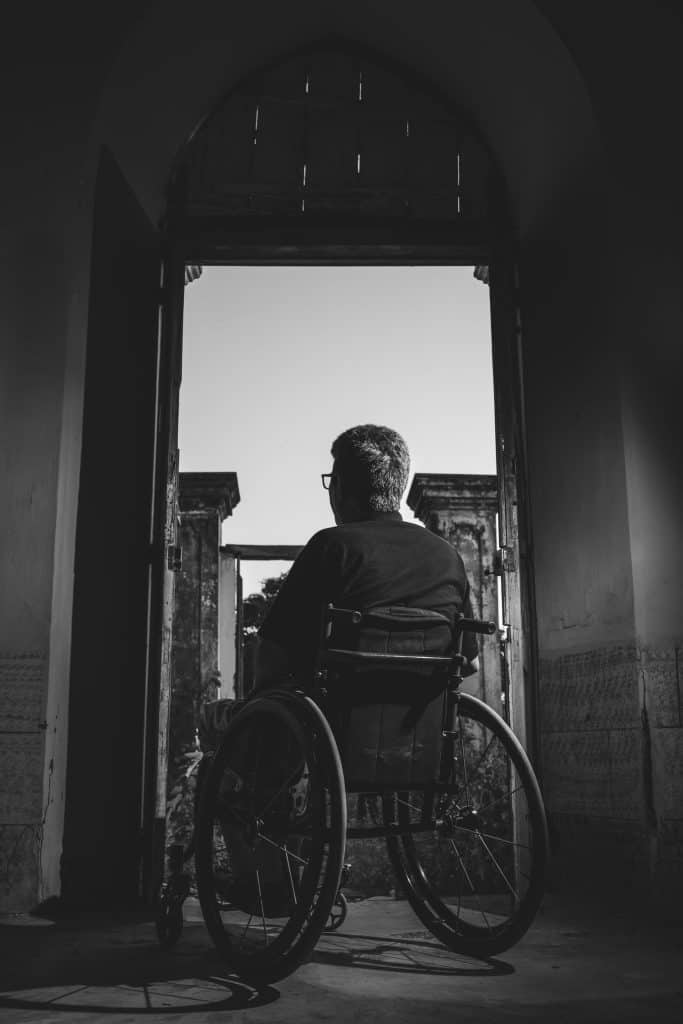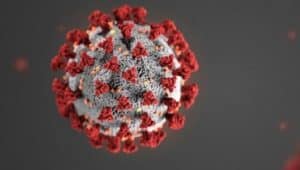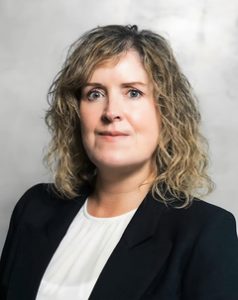
How is COVID-19 impacting the rare disease community?
pharmafile | June 22, 2020 | Feature | Business Services, Manufacturing and Production, Medical Communications, Research and Development, Sales and Marketing | COVID-19, cambridge rare disease network, pharma, rare disease
The COVID-19 pandemic has altered the life of just about everyone, especially patients in receiving continued treatment and care. But what does it mean for patients who already have trouble accessing therapies or with finding and engaging with others like them? The Cambridge Rare Disease Network provides a window into the current experience of the rare disease community:
The novel coronavirus, and the international response to the pandemic, pose significant and in many cases disproportionate threats to the rare disease community, given the vulnerability of those with chronic health conditions and the additional challenges being presented that affect their ability to weather this storm.
The rare disease community is one already facing significant challenges in obtaining early and accurate diagnoses and in accessing medicines and treatment, and their lives are all too often blighted by poor knowledge and understanding of their condition leading to feelings of isolation and anxiety. They often have to navigate their way through unclear care pathways to obtain the support they and their families need; and now, with the additional threat of COVID-19 on their health, the confusion and creeping isolation triggered by lockdown, and the stress placed on health systems, R&D and the pharma industry, the challenges appear more abundant than ever.
In the US, the National Organization for Rare Disorders (NORD)’s recently released COVID-19 Community Survey Report reveals the far-reaching impact the pandemic is having on rare patients and families. 772 participants responded to the survey conducted by NORD’s research team from 1 April through 8 April, representing 49 of 50 states and Washington, DC across multiple disease categories.
The findings reflect a community directly affected and overwhelmingly concerned about the COVID-19 crisis. At 98%, almost all respondents were worried about COVID-19 and, it would appear, with due cause. Among the respondents, 95% said their families had been directly impacted due to COVID-19: 74% have had medical appointments cancelled; 59% had been offered a telephone or video call as an alternative to an in-person appointment; 69% were concerned about medication and medical supplies being in short supply; 29% had lost employment temporarily or permanently, and 11% of those job losses resulted in loss of health insurance too.
A similar picture has been revealed across Europe where around 35 million people are living with rare conditions. EURORDIS has released the preliminary findings of its first multi-country survey on how COVID-19 is affecting people living with a rare disease, concluding that “the pandemic greatly hinders access to care”. They report that 5,000+ rare disease patients and their family members from all EU countries and beyond, representing 993 diseases, responded to the survey carried out via their Rare Barometer Programme. The preliminary results are based on survey responses submitted between 18 and 28 April and very similar themes emerge to those noted in the US.
EURORDIS reports that since the beginning of the COVID-19 pandemic, nine in 10 rare disease patients have experienced interruptions of the care they receive for their condition and three in 10 perceive that these interruptions of care could definitely (one in 10) or probably (two in 10) be life-threatening. More than a half of those awaiting surgery or transplants have seen these interventions cancelled or postponed and 80% have seen their appointments for rehabilitation therapies such as speech and physical therapies – sometimes the only therapies available when treatments are not – postponed or cancelled. Patients who usually receive care in hospitals are experiencing specific difficulties, with almost three in 10 reporting that the hospital or unit that normally provides care for their rare disease is closed. Half of respondents had participated in online consultations or another form of telemedicine since the start of the pandemic; this is new for two in 10 patients. Almost nine in 10 of those utilising this type of consultation are happy with the experience and that it has been very or fairly helpful. In addition, the survey found that almost six in 10 report they no longer have access to medical therapies such as infusions, chemotherapy and hormonal treatment at home or in hospital. More than 60% have lost access to diagnosis assessments such as blood or cardiac tests and medical imaging that are often a vital part of their daily care. Close to seven in 10 have seen their appointments with the general practitioners or specialists cancelled, and almost six in 10 have seen their psychiatry follow-up interrupted.
Rare disease stakeholders from healthcare, patient advocacy groups and the pharma and regulatory industry from across the UK have been sharing their insights into disruption, risks and opportunities presented by COVID-19 in their sectors through a regular Zoom working group facilitated by Cambridge Rare Disease Network, Medics4RareDiseases and Rare Revolution Magazine. The group have identified a number of additional concerns for the rare disease community which will affect early diagnoses, access to research and treatments.
A member of the group flagged that there will be no appointments with clinical geneticists in many areas as these staff have been redeployed, whilst some genetic counsellors may have been doing some appointments by phone, but it is likely they could be redeployed too. It was also raised that face to face healthcare professional rare disease education has also ground to a halt, and this, alongside the lack of genetic testing, raises concerns that timely and accurate diagnosis of rare conditions is further impacted.
Members of the cross-sector group raised concerns about disruption to clinical trials and appraisal of rare disease treatments by NICE with patients in need of new treatment left waiting. At least nine rare disease treatment single technology appraisals and highly specialised technology evaluations are known to be delayed and a number of clinical trials of rare disease drugs on hold. For parents with children needing rapid solutions to degenerative diseases, these delays can mean the difference between life and death.
The rare disease community is familiar with isolation, issues with accessibility, and having to adapt so they are closely watching for opportunities arising from this crisis which may work to their advantage in the longer term. They’re largely welcoming the sudden, rapid uptake of telehealth which could mean less time and money wasted on travelling to appointments. They are watching with interest the adoption of health wearables and technology to monitor health in the home and hopeful that clinical trials may become more accessible if pharma companies adopt more virtual monitoring techniques in the future. They are also expectant that a rise in e-learning for health care professionals in bite-sized chunks will lead to a flurry of rare disease education packages and a more aware and knowledgeable community.
Related Content

COVID-19 vaccine eligibility creates challenges for UK pharmacies
Pharmacists across England have reported widespread confusion among patients attempting to book COVID-19 vaccination appointments …

LGC Group opens $100M Organic Chemistry Synthesis Centre of Excellence
LGC Group, a life sciences company, has opened its new Organic Chemistry Synthesis Centre of …

Mental health medicine use in England reaches record high, NHSBSA report reveals
According to new data published by the NHS Business Services Authority (NHSBSA), mental health prescriptions …






